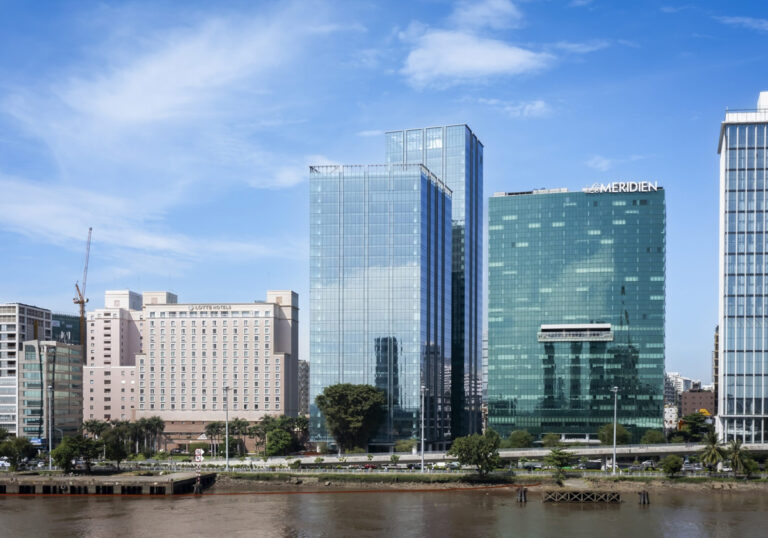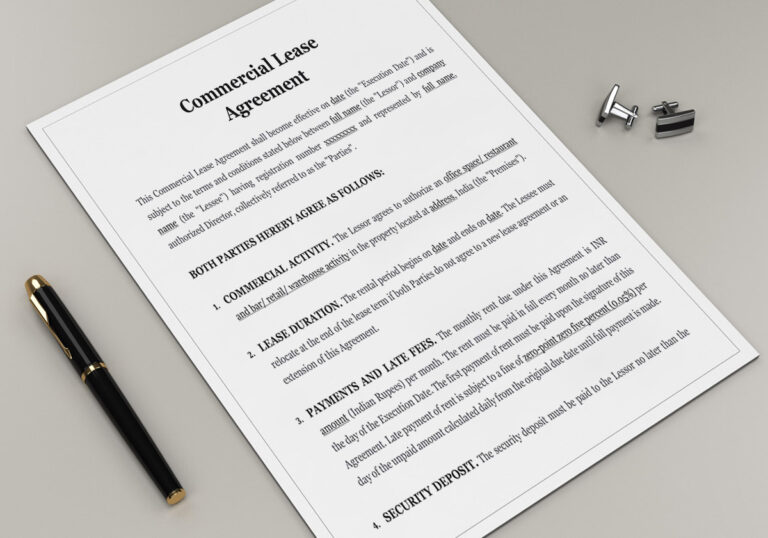Office Lease Term in Vietnam: Minimum and Maximum Duration
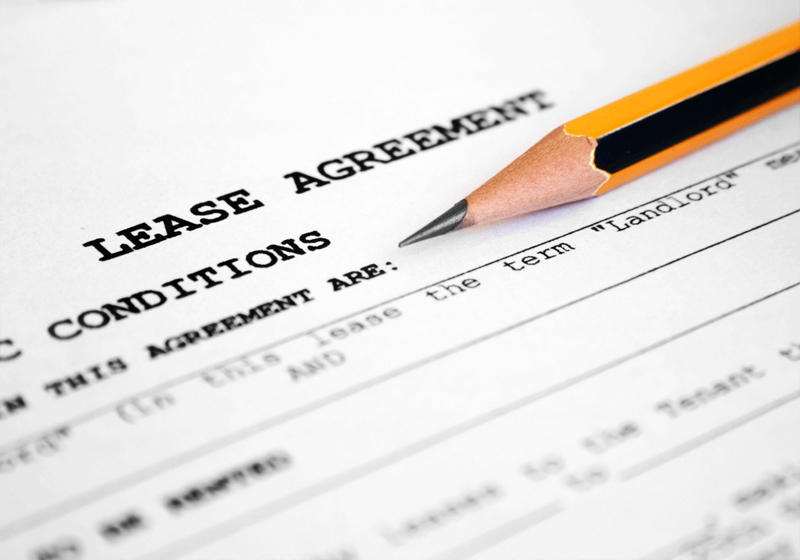
The office lease term Vietnam is one of the most important clauses that every business should carefully consider when signing a rental agreement. Depending on their business goals and scale of operations, companies may opt for short-term or long-term leases. Each option carries specific implications for cost, flexibility, and overall development strategy. So understanding and selecting the appropriate lease term is essential to ensure effective use of office space.
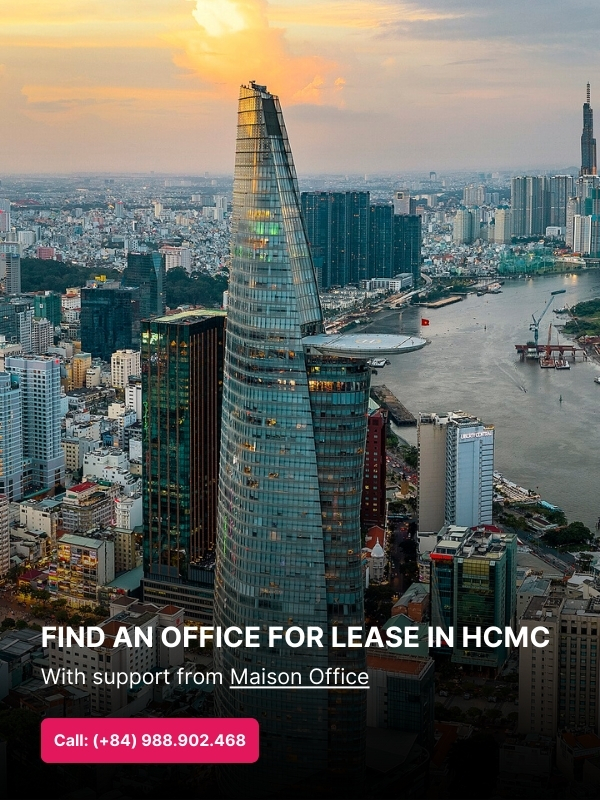 |
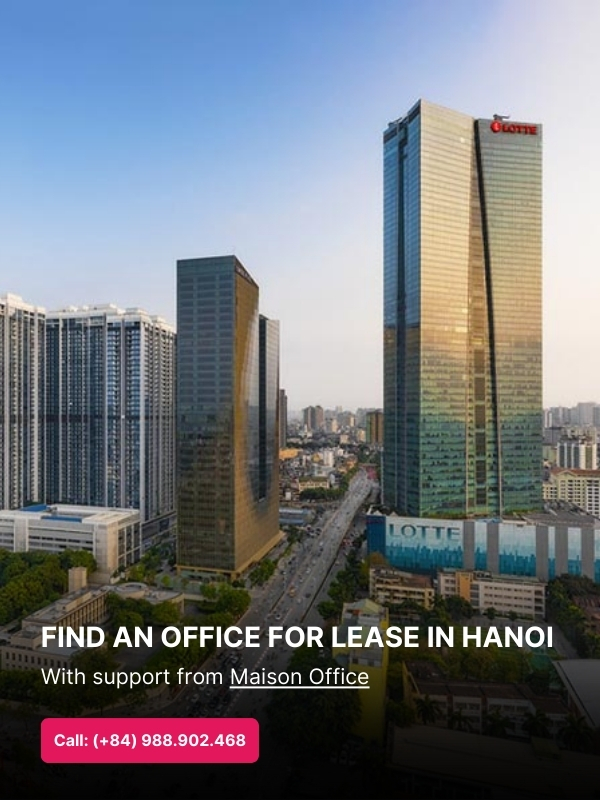 |
Table of Contents
1. Minimum Lease Term for Office Space in Vietnam
1.1 Legal Framework
Under current Vietnamese law, there is no specific regulation on the minimum lease term for commercial office space. In practice, the minimum lease duration is typically determined by the agreement between the tenant (business) and the landlord (building owner or management unit).
1.2 Common Practices in the Market
The lease term for office space in Vietnam usually depends on the type of office and the needs of the business.
– For traditional offices: The minimum lease term Vietnam is usually one year. This basic duration ensures that businesses have enough time to stabilize operations and recover initial investments. Many companies choose long-term leases of 2 to 3 years, especially for Grade A offices, to reduce setup costs and maintain long-term stability.
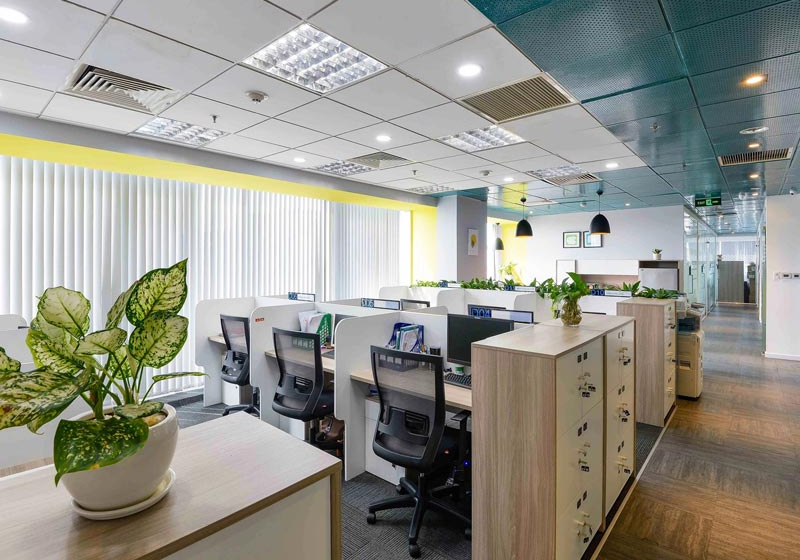
– For serviced offices or co-working spaces: They offer more flexible lease terms, ranging from 1 month to several months. This flexibility suits small businesses, startups, or those with temporary needs, allowing easy access to workspace without being tied to long-term contracts.
See more:
In addition, the minimum lease term Vietnam also depends on various factors such as location and the policies of the building owner.
– Location: In major cities like Hanoi and Ho Chi Minh City, high-end buildings often apply a minimum lease term of 1 year to ensure stability.
– The policies of the building owner: Some landlords may offer more flexibility, especially in a highly competitive office rental market.
1.3 Key Notes and Recommendations for Businesses
According to Vietnamese law, lease contracts for properties, including offices, with a duration of 6 months or more must be notarized or authenticated (According to Article 492 of the 2015 Civil Code). They also need to be registered with the competent authorities to ensure legal validity and protect the rights of the parties involved.
Therefore, when signing an office lease contract, businesses should carefully choose a lease term that aligns with their development strategy, balancing cost, flexibility, and operational stability.
2. Maximum Lease Duration for Commercial Office in Vietnam
2.1 Legal Framework
Current law does not specify a maximum lease duration office Vietnam. Instead, the lease term is established through a civil contract between the landlord and the tenant, in accordance with the 2015 Civil Code, which governs property lease agreements.
However, if the lease is associated with land use rights (particularly for investment projects), it must comply with Article 126 of the 2013 Land Law.
2.2 Common Practices in the Market
In practice, the lease term for office space in Vietnam typically ranges from 3 to 5 years, especially for Grade A buildings or large-scale projects. Some businesses with long-term stability needs and significant investment in office fit-out may sign lease contracts exceeding 10 years. The purpose is to ensure stability and take advantage of favorable long-term rental rates.
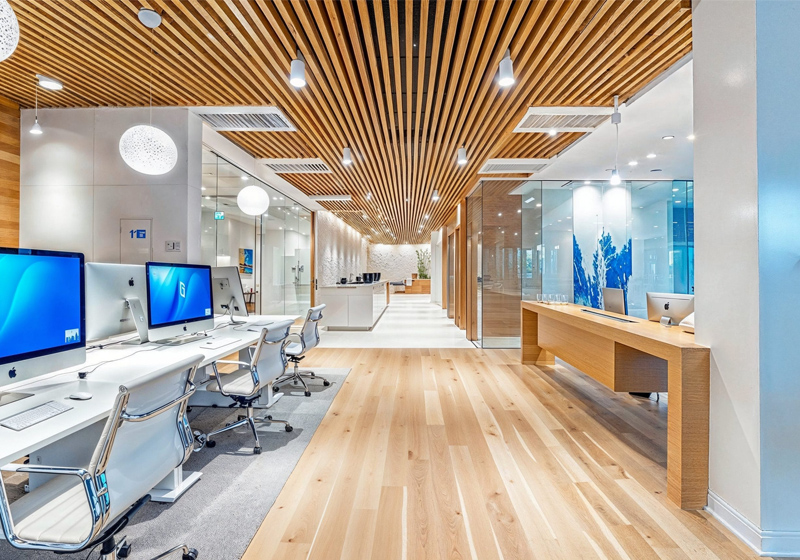
Benefits of long-term leasing:
– For landlords: Long-term contracts provide stable cash flow and reduce the risk of vacancy.
– For tenants: They help stabilize costs, minimize relocation risks, and enable negotiation of favorable rental rates.
On the other hand, long-term leases carry the risk of reduced flexibility if the business needs to expand, downsize, or relocate.
2.3 Key Notes and Recommendations for Businesses
According to Article 126 of the 2013 Land Law, the maximum term for leasing land for commercial or office-use purposes is 50 years from the date the land use right is granted. This applies primarily to the land use rights of the building owner or landlord.
Therefore, even if the office lease term Vietnam is long-term, it cannot legally exceed the remaining land use duration of the property.
Before signing a long-term lease, tenants should review the legal documents of the property, including the land use right certificate. They should also consult legal professionals if the lease term exceeds 10 years or involves complex ownership issues.
3. Short-term vs Long-term Office Lease: Which to Choose?
Choosing between short-term and long-term office leases depends on a company’s business goals, financial capacity, and operational needs. Here is a detailed analysis to help businesses make an informed decision:
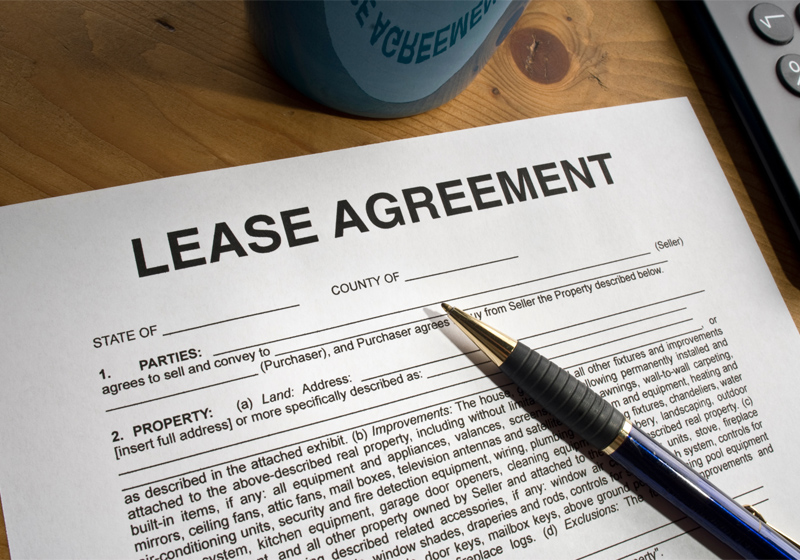
3.1 Short-term office lease
Advantages:
– Flexibility: Short-term leases usually range from one month to under a year, allowing businesses to adapt quickly to changing market needs.
– Quick setup and relocation: Businesses can move to a larger or smaller space as their needs change.
– Lower initial costs: Short-term leases typically do not require major renovations or long-term commitments.
– Lower risks: Minimizes the risk of being tied to an unsuitable space if business needs to shift.
– Reduced legal complexity: Shorter leases typically involve simpler contracts with fewer legal and regulatory requirements.
Disadvantages:
– Higher cost per square meter: Short-term leases typically come with higher rental rates compared to long-term agreements.
– Lack of stability: Businesses may need to relocate frequently if lease renewals are not secured.
– Limited customization: Landlords may restrict significant renovations or modifications to the leased space.
Best suited for:
– Startups and small businesses seeking to minimize risk and maintain flexibility.
– Companies with temporary projects or short-term expansion needs.
– Foreign companies are currently exploring the Vietnamese market.
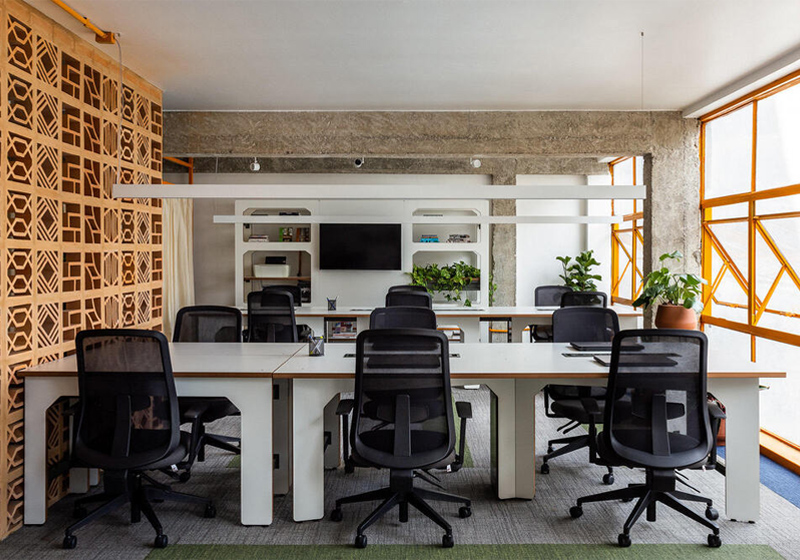
3.2 Long-term office lease
Advantages:
– Cost efficiency: Rental rates are generally lower and tenants may negotiate incentives such as rent-free periods for the first few months.
– Stability: Ensures long-term workspace stability, aligning with the company’s sustainable development plans.
– Space customization: Businesses can invest in interior design or renovations to meet their specific needs.
– Predictable expenses: Long leases help companies better forecast operational costs, which supports budgeting and financial planning.
Disadvantages:
– Reduced flexibility: Committing to several years may limit a company’s ability to downsize, relocate, or adjust office space quickly in response to market changes.
– Large financial commitment: Requires a stable cash flow to cover rent payments over an extended period.
– Market fluctuation risk: If the real estate market declines, the business may be locked into a lease with above-market rental rates.
– Early termination penalties: Ending the lease before its expiration may result in financial penalties or forfeiture of the security deposit.

Best suited for:
– Large corporations and multinational companies with strong financial capacity.
– Businesses with long-term development strategies in Vietnam.
– Companies investing in custom office design, focusing on brand identity and employee experience.
The decision between short-term and long-term office leases should align with the company’s priorities for flexibility, cost management, and growth plans. Each option offers distinct benefits and challenges, so businesses must weigh their current needs against future goals to select the most suitable lease term.
In summary, understanding the office lease term Vietnam is crucial for businesses to balance stability, flexibility, and legal compliance. Lease durations vary based on business needs, office types, and market conditions, with no fixed minimum but practical standards in place. Careful consideration of lease duration will help companies secure suitable office spaces that support their growth and operational goals in the Vietnamese market.



